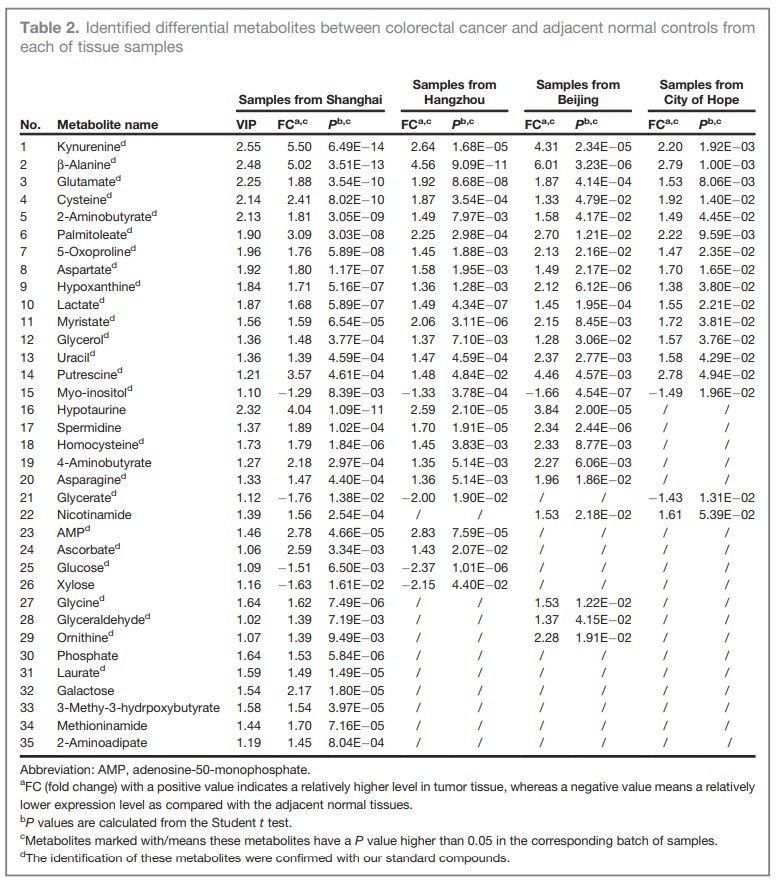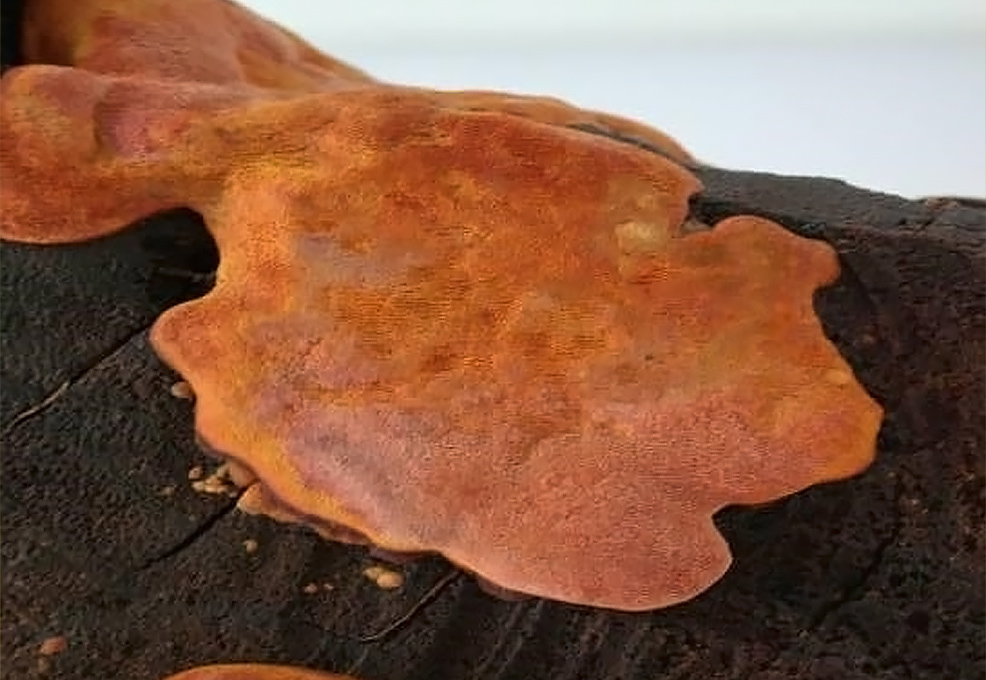A Fire in Your Body: Inflammation Is at the Root of Most Diseases

Author(s)
Yun YenBiography
Professor Yun Yen obtained his Ph.D. in Pathology and Cell Biology from Thomas Jefferson University, Philadelphia, PA in 1988. He was invited to serve as the president of Taipei Medical University for six years (2010~2017). He was awarded the honors of the National Inventor Academy of the United States and the Russian Academy of International Engineering. He is currently the Chair Professor and Director of the Cancer Translation Research Center of Taipei Medical University. Dr. Yen is a pioneer in the fields of hematological tumors and bone marrow transplantation, and assisted in establishing the Tzu Chi bone marrow database in 1993. Currently, he is focused on precision medicine such as the development of new anti-cancer drugs and their clinical trials.
Academy/University/Organization
Taipei Medical University-
TAGS
-
Share this article
You are free to share this article under the Attribution 4.0 International license
- LIFE SCIENCES
- Text & Image
- July 13,2021
Since 1982, cancer has ranked number one for 19 consecutive years among the top 10 causes of death in Taiwan. How to decrease its occurrence and death rates, and how to enhance the treatment performance and patients’ life quality are always the great missions for researchers in medical sciences. Precision medicine, as one of the main topics in medical development, may significantly improve the survival rate and time by providing customized treatment plans which target patients’ specific backgrounds. A wide range of study fields, from genomics, precision diagnosis and medication, immunotherapy, to AI in medicine are covered in precision medicine. Together with new drug development, they are the two main themes in the Higher Education SPROUT Project Part 2 “Build Leading Research Centers” grant which is supported by the Ministry of Education and led by Dr. Yun Yen at Taipei Medical University.
Along with the execution of research programs, a small molecule anti-cancer agent, MPT0L056 was discovered and developed. This ITCH E3 ubiquitin ligase inhibitor has been approved by the US FDA for Investigational New Drug (IND) application and is currently in phase 1 clinical trial. Meanwhile, progress has been shown in precision medicine studies as well. Nine colorectal cancer (CRC) related gene mutations were discovered by Dr. Yen and the team through genomic-wide association study (GWAS). This finding has been verified from multiracial groups and contributed to the improvement of CRC risk assessment. In addition, a guideline for cancer prevention and treatment for Taiwanese was developed through 40 specific mutations found in 211 Taiwanese families with hereditary cancer history. Through the crosslink of the results from fundamental and clinical cancer studies led by Dr. Yen, a screening platform was built for cancer risk, development, and treatment efficacy assessment, and these results will eventually benefit new cancer drug development as the ultimate goal of precision medicine.
Professor Yun Yen is an oncologist, and has always been centered on the benevolence of doctors. Professor Yen has been committed to cancer research for decades, and his important mission is to reduce the incidence of cancer, mortality, improve the cure rate and the quality of life of cancer patients (Figure 1).

Figure 1. Professor Yun Yen
Together with new drug development, they are the two main themes in the Higher Education SPROUT Project Part 2 “Build Leading Research Centers” grant supported by the Ministry of Education and led by Dr. Yun Yen at Taipei Medical University.
Along with the execution of research programs, a small molecule anti-cancer agent, MPT0L056 was discovered and developed. MPT0L056 is an ITCH E3 ubiquitin ligase inhibitor which has shown tumor growth inhibition in many human tumor bearing animal models including colorectal cancer (HCT116), ovarian cancer (A2780), lung cancer (A549), pancreatic cancer (PANC-1), multiple myeloma (RPMI-8226), and acute myeloid leukemia (AML). The low toxicity found in toxicology studies indicated a relatively wide therapeutic window of the drug. It has been approved by the US FDA for Investigational New Drug (IND) application and is currently in phase 1 clinical trial.
Meanwhile, progress has been shown in precision medicine studies as well. By using GC-Mass, 15 metabolites found in specimens collected from colorectal cancer (CRC) patients showed a significant difference when compared to healthy human controls. An additional five metabolites, Hypotaurine, Spermidine, Homocysteine, 4-Aminobutyrate, and Asparagine showed interracial differences (Clinical Cancer Res. 2014; 20: 2136-2146). A total of 20 metabolites were identified as potential biomarkers for CRC diagnosis and prognosis in an oriental population (Table 1).
Nine colorectal cancer (CRC) related gene mutations (4q22.2 / 5p15.33 / 5p13.1 / 6p21.31 / 6p12.1 / 10q11.23 / 12q24 .21 / 16q24.1 / 20q13.13) were discovered by Dr. Yen and the team through a genomic-wide association study (GWAS) of CRC patients of European decent and comparison with control groups (Figure 2 1). This finding was also observed in specimens collected from East Asians, African Americans, and Hispanics, which indicates its universality; it can be used as a common biomarker to improve the CRC risk assessment (J Natl Cancer Inst. 2019 Feb 1;111(2):146-157). In addition, a guideline for cancer prevention and treatment for the Taiwanese population was developed through 40 specific mutations found in 211 Taiwanese families with hereditary cancer history.
As a physician in hematology oncology, Dr. Yen is on a mission to improve the treatment of cancer patients. After decades of research, by performing large-scale genome sequencings and metabolite screenings combined with cell lines and animal studies, the crosstalk of Dr. Yen’s fundamental and clinical cancer studies has built a screening platform for cancer risk, development, and treatment efficacy assessment. These results will eventually benefit new cancer drug development in order to overcome cancer and lower its threat to the public health as the ultimate goal.
Table 1. List of metabolites in colorectal cancer patients.


Figure 2. Manhattan plot summarizing the discovery genome-wide association study association results (ncase = 36 948, ncontrol = 30 864). Green = known risk loci (within 500 kb or r2 > .2 with an index variant); red = novel risk loci (outside 500 kb or r2 > .2 with an index variant).
STAY CONNECTED. SUBSCRIBE TO OUR NEWSLETTER.
Add your information below to receive daily updates.




